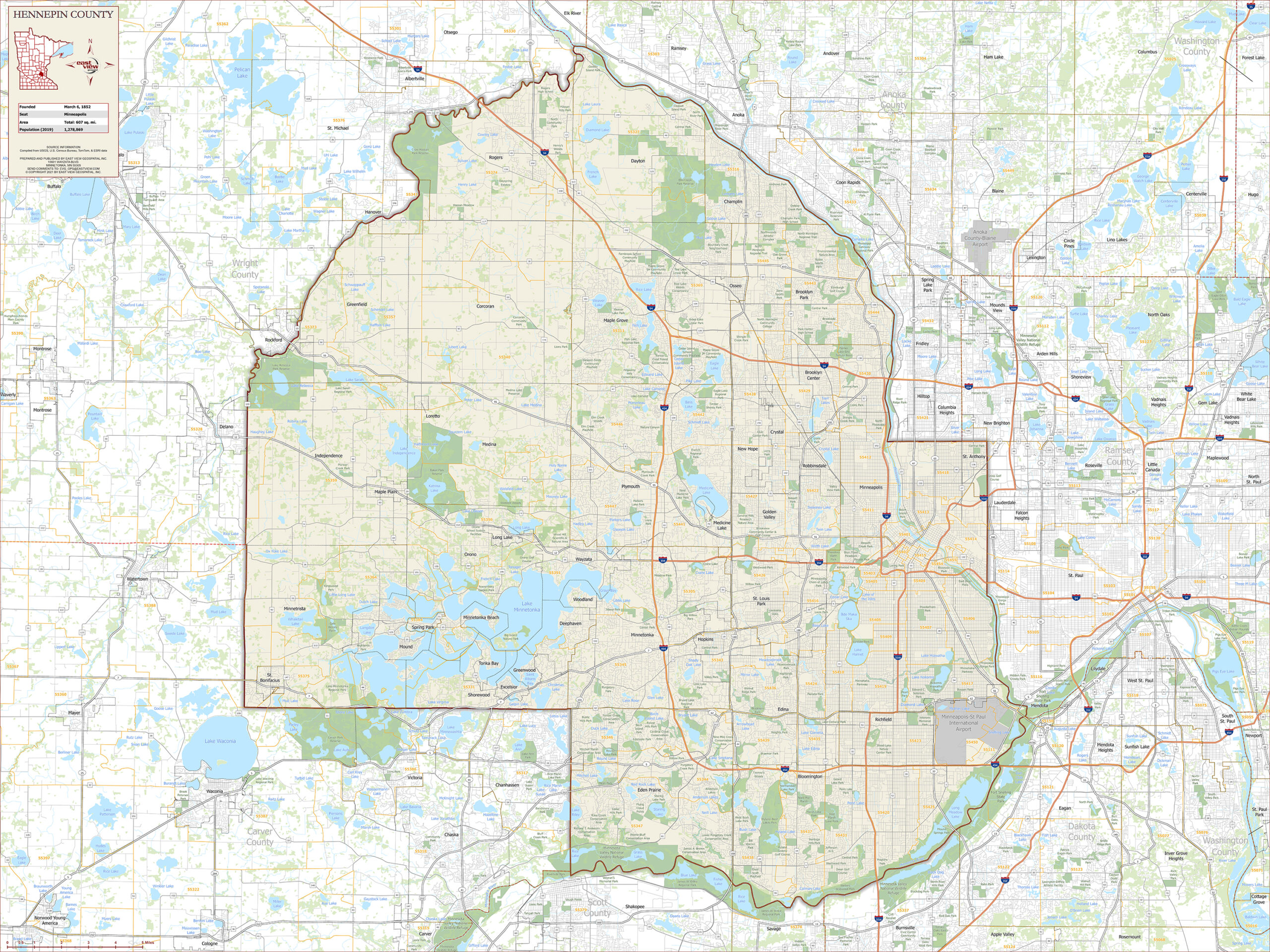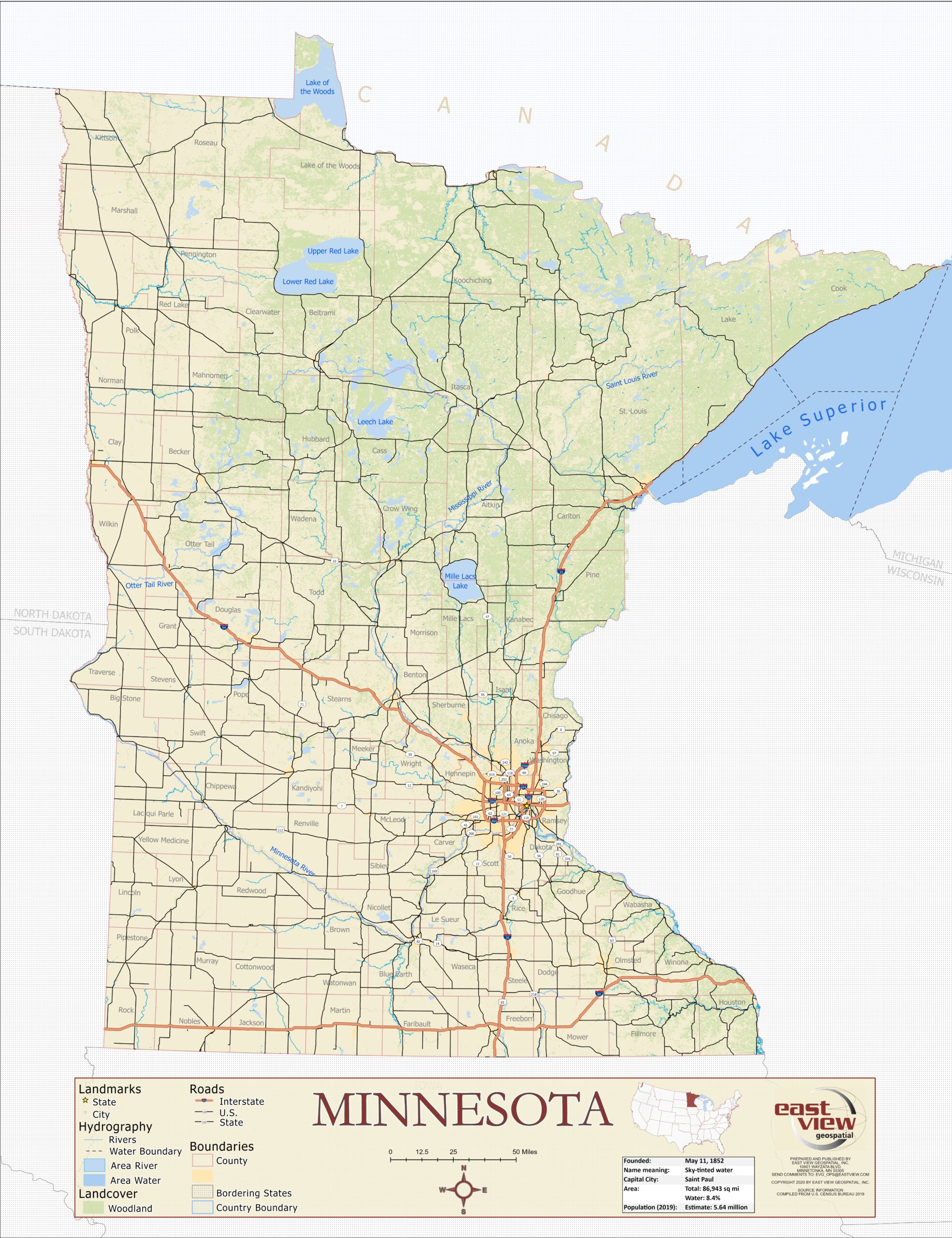
In simple terms, Metadata is the background information about datasets (Ex: The publish year of a map is one point of metadata for that specific map). What’s the advantage of having metadata? It allows users to discover and better understand their data. We asked Vansa Kroeng, Lead GeoData Specialist at EVG, to explain metadata and why it’s important within the geospatial industry.
“Metadata is data within data. It is the description of data and is used to explain the context surrounding the data. You can use metadata to summarize any additional information about the data such as publisher, status, publish year, along with other elements. These pieces of information make data easier to find and manipulate in a database.”
How does this apply to your work at EVG?
“At EVG, I am part of the Geodata team where I work to maintain our knowledge database of global mapping and data. Our database has many different types of geographic data, and each data contains its own metadata. For example, we may receive a series of topographic maps where each individual sheet in the series has a different index, name, publish year, edition, or other piece of information. Anytime we receive data, it’s the GeoData Department’s duty to catalog all the metadata. After the metadata is cataloged, it is then entered into our database. Metadata in our database helps provide any information an EVG team member may need in order sell, advertise, or understand a specific map series or sheet. In addition, customers can leverage metadata to better understand a map or geospatial product. Metadata may provide context about when and where a geospatial dataset was produced. It can also provide additional details that are not displayed with symbology. “
Our comprehensive metadata collection is part of what sets EVG apart in the geospatial market. Details and additional information help to make products, services, and solutions more discoverable and useful, creating a better experience for our customers.

Vansa Kroeng, Lead GeoData Specialist



